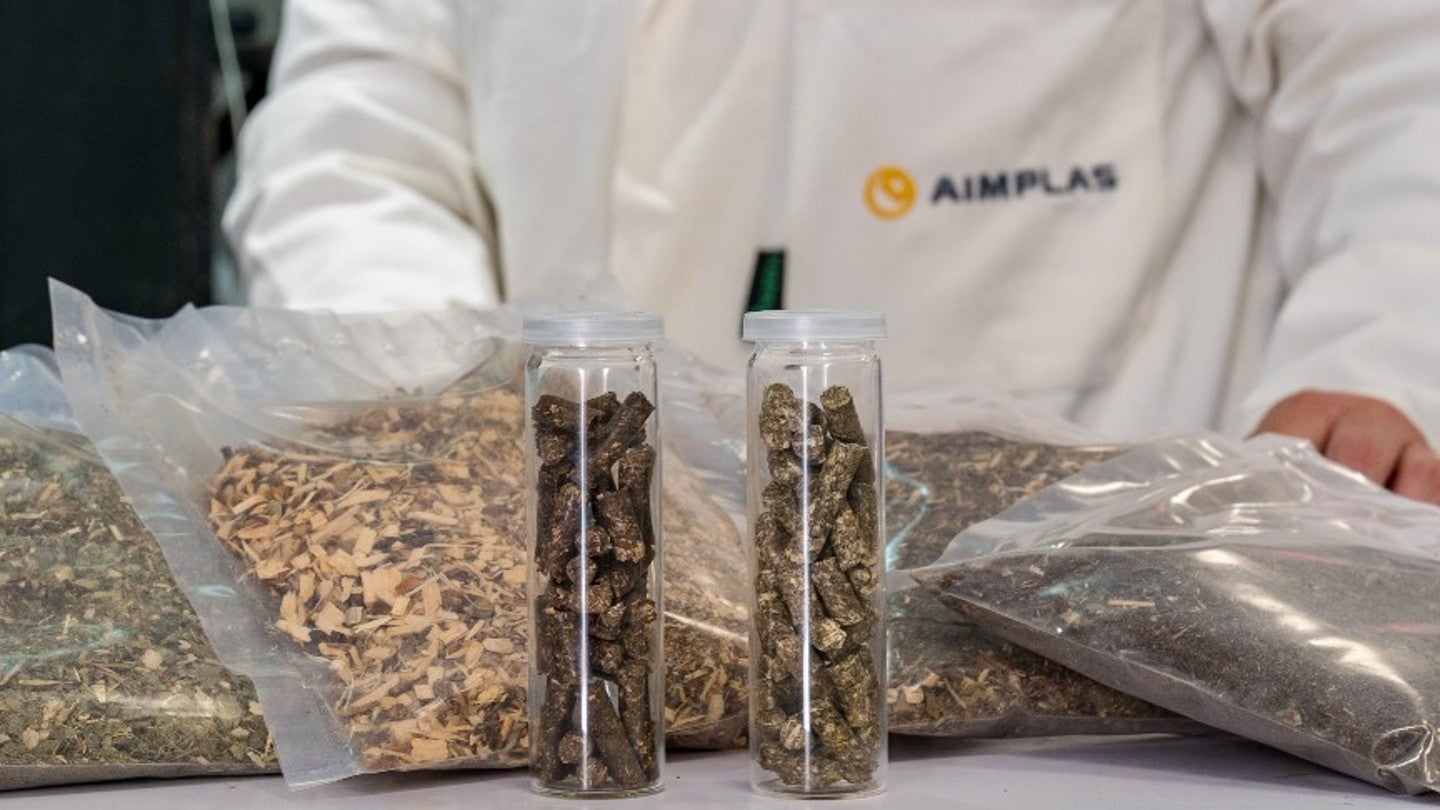
Spain-based plastics technology company AIMPLAS has demonstrated the possibility of using biomass to manufacture bioplastics that can be subsequently used in the creation of cosmetics, biochar, and pet litter.
This demonstration was conducted as part of the ongoing European BeonNAT project, which involves the participation of 16 organisations from seven different countries.
Other consortium partners include the Asociación para la Certificación Española Forestal, Contactica, Envirohemp, El Jarpil, Idoasis 2002, Laboratorios Maverick, Leibniz Institut für Agrartechnik und Bioökonomie, NNFCC, and Tolsa, among others.
The project is being coordinated by the Centre for Energy, Environmental and Technological Research, which is a part of the Spanish Ministry of Science and Innovation public body.
BeonNAT is funded by Biobased Industries Joint Undertaking, which is supported by the EU’s Horizon 2020 research and innovation programme.
As one of the project’s participants, AIMPLAS contributed to the creation of a value chain that is capable of using trees and shrubs grown on marginal lands as one of the major sources of biomass for supporting the production of different materials in biobased industries.
The initial stage of the project involved all 16 members assessing the ‘suitability and industrial applicability’ of several species of tree that were grown at six different locations across Germany, Spain, and Romania.
The species included birch, black poplar, blackwood acacia, common hornbeam, common broom, common juniper, hoary rockrose, mora, rosemary, and Siberian elm.
Out of these species, the consortium’s Selection Committee shortlisted the six most ‘promising’ that were then tested for potential use in the production of end-use products.
AIMPLAS said that black poplar and blackwood acacia, which were both grown in Zamostea and Moara within Romania, had shown positive results by producing lactic acid, key for manufacturing bioplastics to then make bioactive cosmetics.
All of the tested species were capable of producing pulp, however, the pulp produced from the juniper, rosemary, and mora trees did not yield properties deemed effective enough by the consortium.
Under the project’s upcoming second stage, the consortium will conduct another production assessment using biobased products and will also test raw materials manufactured by selected species in order to scale up the process.
Last year, AIMPLAS developed plastic film using coffee grounds under its WaysTUP! project, which was also funded by the Horizon 2020 initiative.



